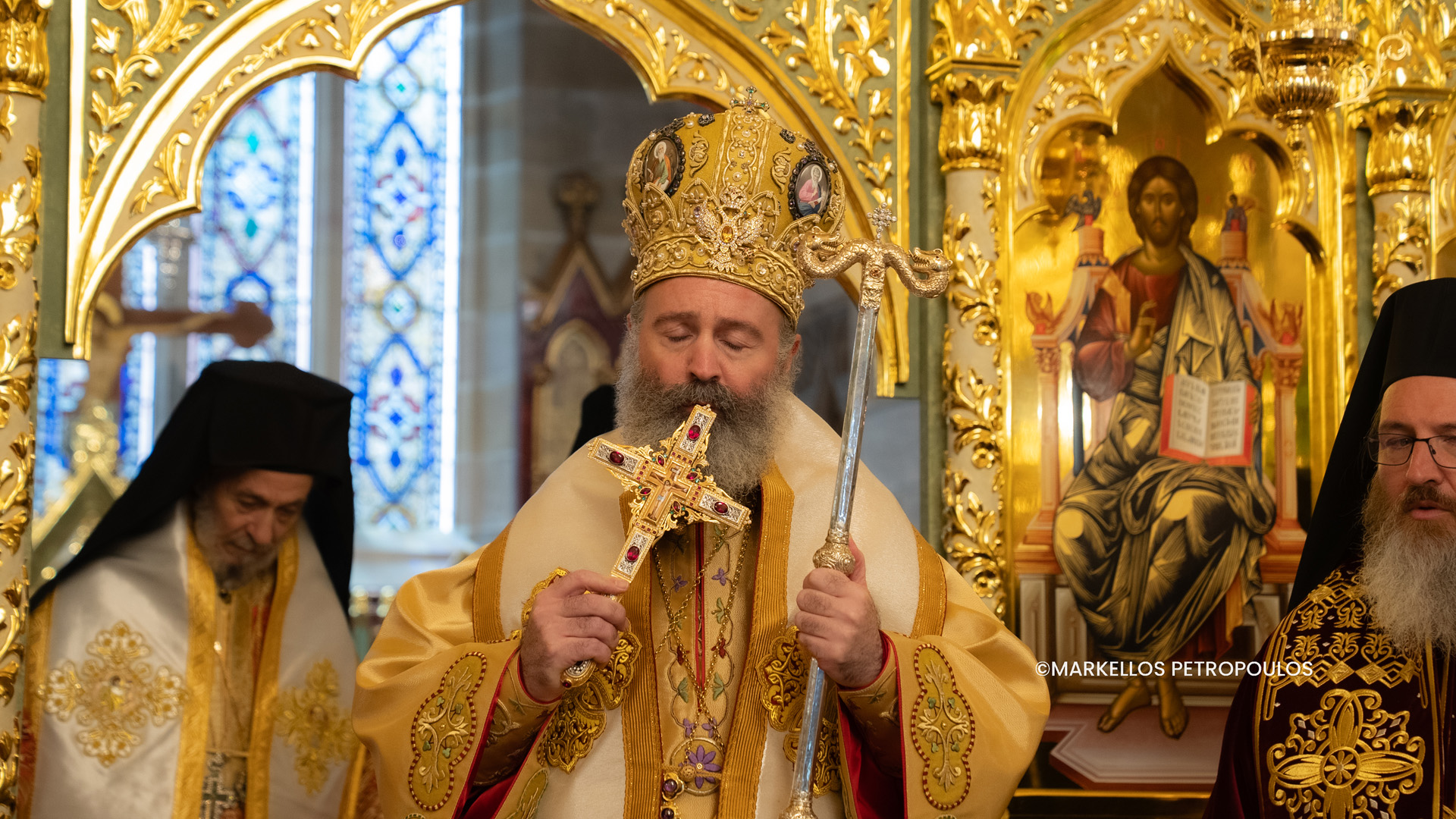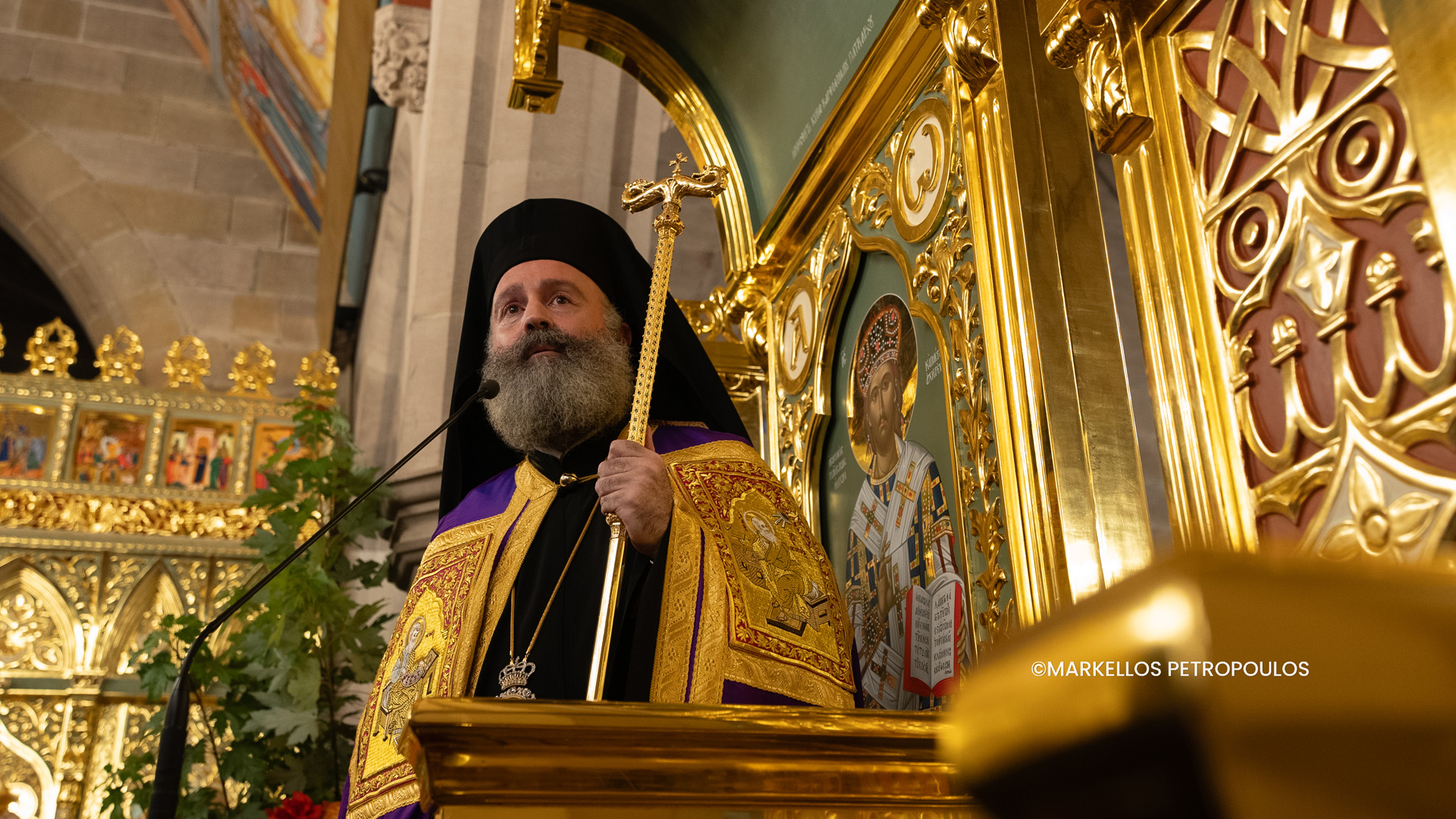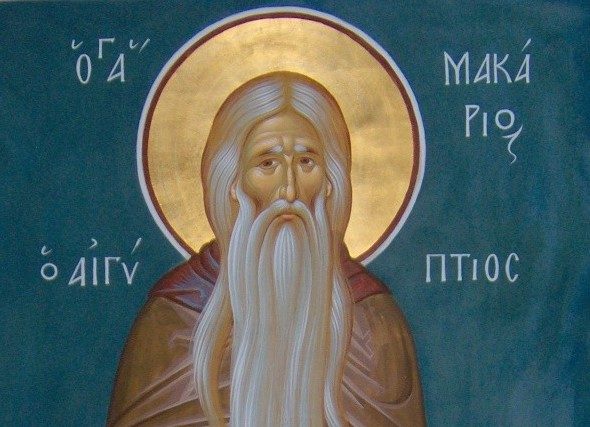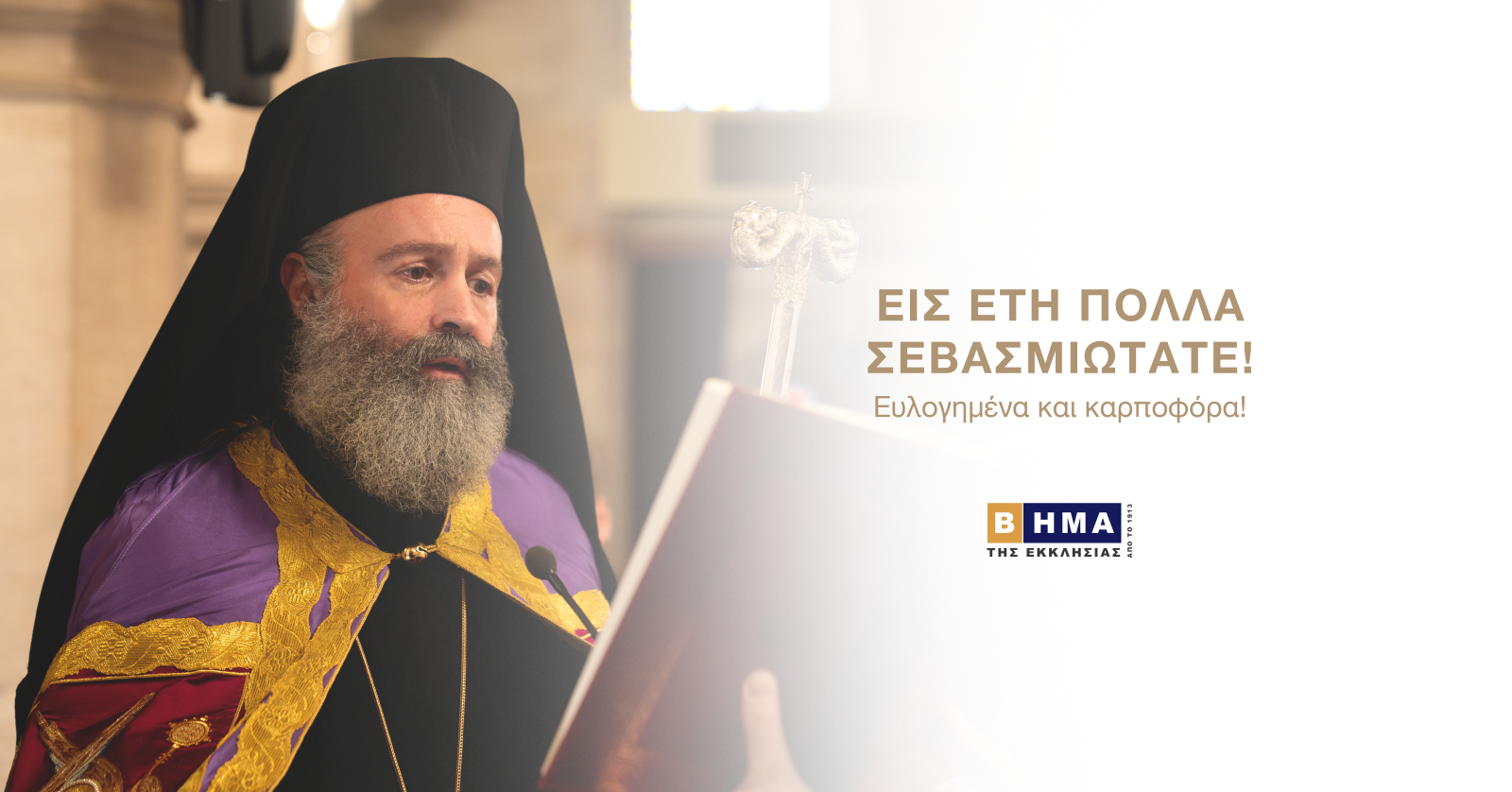Saint Anatolius, Patriarch of Constantinople (3 July)


Saint Anatolius, Patriarch of Constantinople, was born at Alexandria in the second half of the fourth century, at a time when many representatives of illustrious Byzantine families ardently strove to serve the Church of Christ armed with Greek philosophic wisdom. Having studied philosophy, Saint Anatolius was ordained a deacon by Saint Cyril of Alexandria (January 18). Anatolius was present at the Third Ecumenical Council at Ephesus in the year 431 (September 9), at which the holy Fathers condemned the false teaching of Nestorius.
Saint Anatolius remained a deacon at Alexandria after the death of Saint Cyril (+ 444), when the See of Constantinople was occupied by Dioscorus, a supporter of the heresy being spread by Eutyches, which said that the Divine nature in Christ had fully swallowed up and absorbed His human nature. This false teaching undermined the very basis of the Church’s teaching about the salvation and redemption of humankind [trans. note: Since “what is not assumed is not saved”, if Christ has only a Divine nature and not a human nature, then the salvation of humankind, and even the Incarnation of Christ would be rendered heretically docetic]. In the year 449 Dioscorus and his followers convened a heretical “Robber Council” at Ephesus, having received also the support of the emperor. The great advocate of Orthodoxy, Saint Flavian, the Patriarch of Constantinople, was deposed.
Elected to the See of Constantinople, Saint Anatolius zealously set about restoring the purity of Orthodoxy. In 450, at a local Council in Constantinople, Saint Anatolius condemned the heresy of Eutyches and Dioscorus. Having died in exile, the confessor Flavian was numbered among the saints and his relics were transferred to the capital.
In the following year, 451, with the active participation of Patriarch Anatolius, the Fourth Ecumenical Council was convened at Chalcedon. The Fathers of the Chalcedon Council affirmed the dogma about the worship of the Lord Jesus Christ, “perfect in divinity and perfect in humanity, true God and true man, made known in two natures without mingling, without change, indivisibly, inseparably” (Greek: “asynkhutos, atreptos, adiairetos, akhoristos”).
After a life of constant struggle against heresy and for truth, Patriarch Anatolius died in the year 458.
Among the canons enacted was the 28th Canon of the Fourth Ecumenical Council stating that the See of Constantinople is equal to the throne of Old Rome. The churches of Asia Minor, Greece and the Black Sea region, and all new churches that might arise in these regions were placed under the jurisdiction of the Patriarch of Constantinople, in accord with the 28th Canon.
Saint Anatolius also made a large contribution to the literary treasury of the Orthodox Church. He composed liturgical hymns for Sundays, for certain Feasts of the Lord (the Nativity and the Theophany of Christ), for the martyrs ( Saint Panteleimon the Healer, Saint George the Victory-Bearer, Saint Demetrius of Thessalonica). In the service books they are designated simply as “Anatolian” verses.
Anatolius was at first a presbyter in the Church at Alexandria, but following the death of Patriarch Flavian, he was elevated to the patriarchal throne of Constantinople, in the year 449 A.D. During his time, the throne of Constantinople was recognized as equal to the throne of Rome, by the Ecumenical Council held in Chalcedon in 451 A.D. He struggled greatly for the purity of the Orthodox Faith and suffered much at the hands of the heretics, until he was slain by them in the year 458 A.D., during the reign of Pope Leo the Great. Anatolius governed the Church for nearly nine years, and took up his heavenly habitation among the holy hierarchs in the Kingdom of God.
Saint Anatolius was a priest from Alexandria, who had been ordained deacon and perhaps also priest by Saint Cyril, Archbishop of Alexandria. In 449, at the Robber Council of Ephesus, Saint Cyril’s infamous successor, the violent Dioscorus, unlawfully deposed Flavian, the Patriarch of Constantinople and opponent of the Monophysite Eutyches; Flavian, from the beatings which he received, died soon after. Dioscorus, thinking that the priest Anatolius would support him, consecrated him Patriarch of Constantinople in Saint Flavian’s stead. After he had been consecrated by Dioscorus-who at that time had not yet been deposed-Anatolius united with the Orthodox; before the Council of Chalcedon in 451, he held a council of the Bishops in Constantinople, at which the Orthodox “Tome” of Pope Leo (see Feb. 18), which Dioscorus had not allowed to be read at the Robber Council, was read and approved; and at the Council of Chalcedon in 451, he condemned Nestorius, Eutyches, and, for his unlawful actions, Dioscorus. Saint Anatolius reposed in the year 458. Some ascribe to this Anatolius the hymns of Vespers and the Praises in the Octoechos that are labeled Anatolian Stichera; but others (which may be more correct), to another with the same name, who was from the Monastery of Studium, and a disciple of Saint Theodore the Studite, whose epistle to this Anatolius is still extant.
Apolytikion of Anatolius, Abp. of Constantinople
Fourth Tone
A model of faith and the image of gentleness, the example of your life has shown you forth to your sheep-fold to be a master of temperance. You obtained thus through being lowly, gifts from on high, and riches through poverty. Anatolios, our father and priest of priests, intercede with Christ our God that He may save our souls.
Source: goarch.org / oca.org





